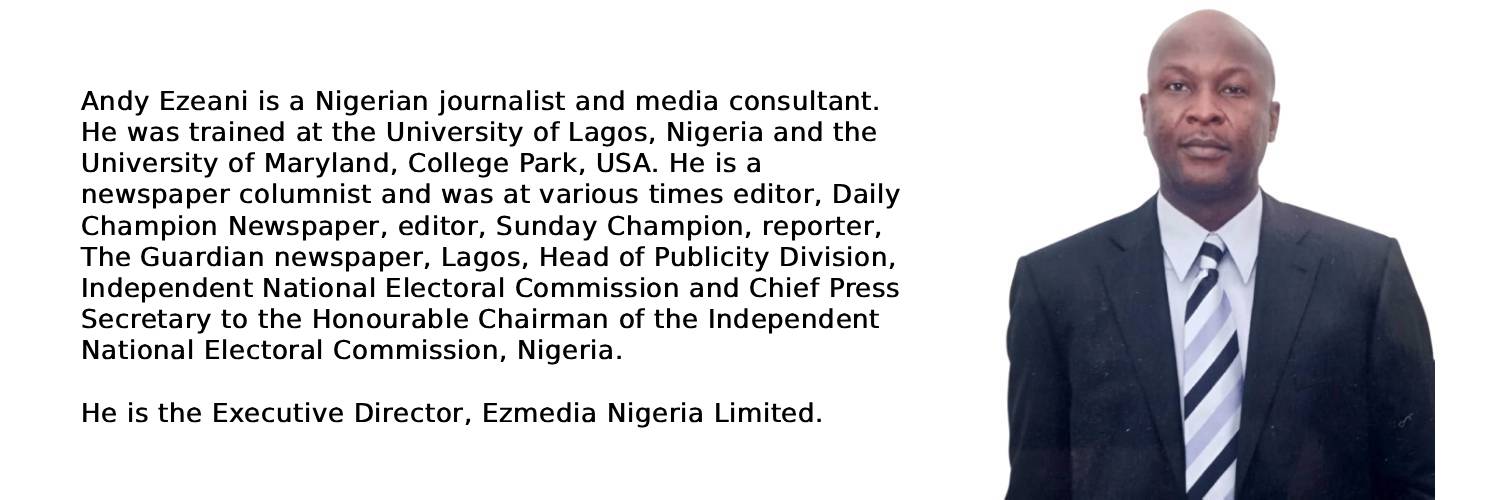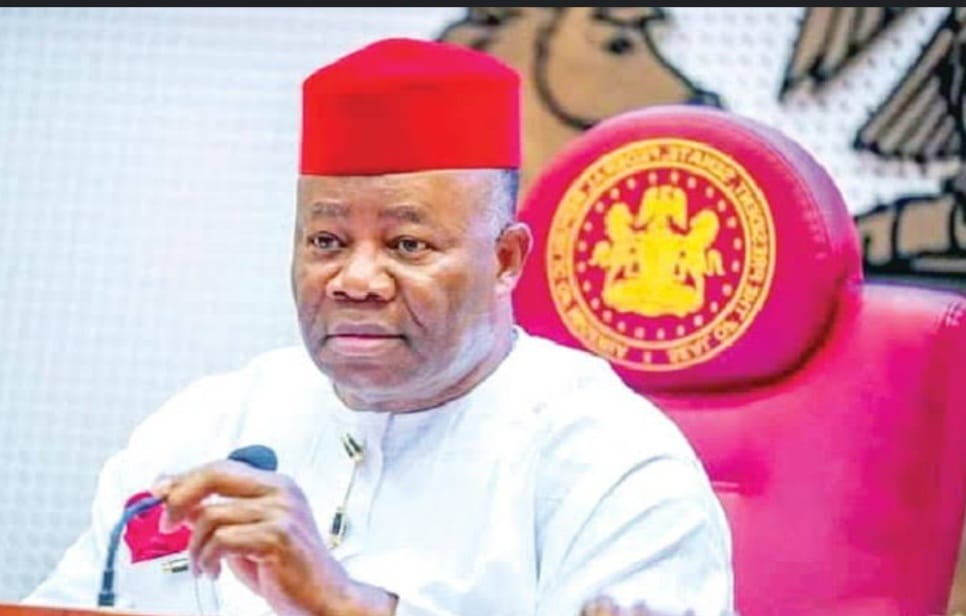Andy Ezeani
Tuesday, July 15,2025
The 1986 British political satire, “Yes, Prime Minister”, is a classic of unique universal appeal. It speaks to a most amazing art of deploying guile and sheer dishonesty, couched as loyalty to the boss, as survival tactics in bureaucracy.
Perhaps, no other artistic creation has captured as the comedy did, the danger and damage inherent in the sublime art of subservience and total abnegation of personal opinion by civil servants, in mischievous reverence to authority in the public space.
The drama brought to life the fawning, dangerous acquiescence by public servants to whatever the higher authority said or wanted. This situation invariably undermines best practices and good judgment.
“Yes, Prime Minister” may be a sitcom, but it represents the abiding character of civil servants till date, not only in Britain but in Nigeria and certainly all over. You need to experience it to appreciate the destructive capacity of a “Yes, Prime Minister culture.
Sadly, quite a number of those in authority, especially the top cadre political office appointees, get taken in by the pseudo subservience of the “Yes, Prime Minster” tribe of officers working under them. By the time the boss wakes up, his time is gone. So much damage is done to a system where the decisions and conducts of the boss are not moderated or enriched by the experiences of the faculty available in the pool. But who is to blame?
The courage to speak truth to power is not common. Anywhere. Whether in Nigeria, United States of America, Russia, or in Swaziland, it is much more comfortable and profitable to align with whatever the views and idiosyncrasies of the extant authority may be. Flowing with the course of the incumbent authority in most institutions and organisations presents little or no risk. On the contrary, it offers ample benefits, unlike having an independent opinion, or worse still, daring to express such.The latter disposition often equates to standing in front of a moving train.
To dare to confront authority, which is what telling truth to power often tantamounts to, is to be ready to be crushed. No mortal desires such fate. This, maybe, is the justification for the “Yes, Prime Minister” culture. Ultimately, society suffers for it.Civil servants have mastered the skill of staying safe and playing safe in relation to authority, as they navigate the fiercely dangerous, even if deceptive orderliness of bureaucracy.
For quintessential civil servants, whatever the boss says is right. That is often safer. Even if the boss decides to jump into the fire, many among civil servants will not dissuade him. They will dutifully walk him to the edge of the fire and stand aside to watch him proceed, then they will return to the office to write report of what transpired, and wait for the next boss to come along.
Almost always, however, there is one or two within the corps of civil servants, who dare to speak up. They may be dubbed rebels. They may pay steep price for being themselves, but they add immeasurable value to bureaucracy and public good.
Penultimate week in Abuja, an officer in the National Assembly (NASS) bureaucracy stepped out and dared to speak the truth to power. The extent of the director’s repulsion at what goes at the National Assembly makes it difficult to ignore her allegations. Her pain was palpable.
The fact that the lady received applause from the audience of senior staff of the NASS bureaucracy at the retreat by National Institute for Legislative and Democratic Studies (NILDS) is in itself a statement.It indicates that the lady was likely speaking what many of her colleagues identified with, but could not summon the courage to bring up.
Until her outing at the NILDS retreat, Ifeoma Ofili, though elegant, apparently charismatic, and a senior official of the NASS bureaucracy, was, like a typical civil servant, largely unknown to the public. Not anymore.
It is not clear whether she intended her contribution at the retreat to gain such public traction as it has done. She couldn’t have intended it otherwise, although in her preliminary remarks, as captured by the viral video of the event,she explained that she would be frank because they were talking among themselves.
NILDS, like its parent institution, the National Assembly, are public institutions sustained by public resources. The public should, therefore, be interested in what goes on there. The serious misconducts that the director decried are, definitely, of public concern. Her complaints are too weighty to be bottled and left at the retreat auditorium.
There is no assurance that the weighty allegations of unethical conduct in the operational methods of the National Assembly, which the director decried, will receive any attention from the leadership of the National Assembly or beyond. Such issues hardly bother them.
Among others, the lady was scandalized that in many instances when legislators go for oversight visitation to Ministries, Departments and Agencies (MDAs), the travel cost and lodging of the legislators are paid by the MDAs they claim they are going out to supervise. She wondered what type of report such “oversight” will yield.
Indeed, most of the MDAs dictate what should be written in the “oversight” report on them. Worse still, the director said, the same MDAs are known to give money to the legislators on many oversight visitations. In many instances, the lawmakers quarrel over sharing the spoils. Openly. They don’t even spare any crumbs for the bureaucratic assistants they travel with. The disdain can only be imagined.
Then after this smeared “oversight”, the director sneered, after sharing their loot, the committees will now return to the office and insist on dictating a fictitious favourable report to the clerks of the committee and their staff, a report without basis.
Where such a directive for fictitious report is resisted, the committees go out and hire “consultants” who now produce the desired reports, over and above the clerical personnel servicing the committees.Such a reprehensible, unethical situation.
Meanwhile,allegations of budget padding are still trailing the 10th National Assembly. A mind-boggling sum of N6 trillion was identified in the padding of the 2025 budget. This sum included, among others, the scandalous amount of N399 billion for street lights, translating to N266 million per street light. There was also the dizzying sum of N114 billion for 538 boreholes. All these were simply swept aside and remain unaddressed till date. The executive carried on without bathing an eyelid. The National Assembly showed no qualms. Now, this.
The director at NASS did not raise any issue that is not already in the public domain. She only reaffirmed from within the repugnance of these unethical conducts in an institution that makes laws for good governance for the country. So, when will NASS bother about integrity?


